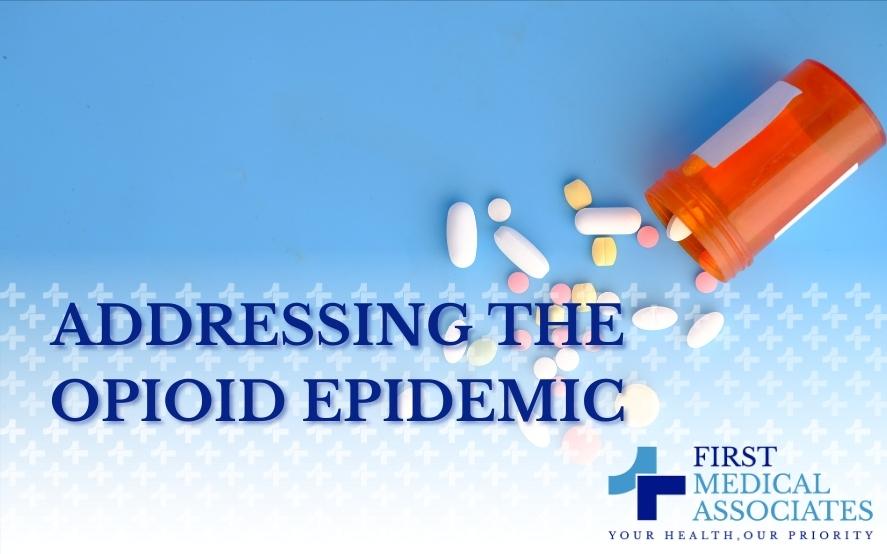Battling the Opioid Epidemic: Maryland’s Primary Care Doctors Take a Stand
The opioid epidemic has cast a shadow over public health in Maryland and the nation as a whole. As the crisis continues to devastate lives and families, First Medical Associates is stepping up to address the issue head-on. By offering essential resources for patients battling addiction, these healthcare heroes are making a profound impact on their communities.
Understanding the Opioid Epidemic in Maryland
Maryland, like many other states, has been grappling with the opioid epidemic for years. Prescription painkillers and illegal opioids have claimed countless lives and led to a surge in addiction cases. According to the Maryland Department of Health, opioid-related deaths have risen alarmingly in recent years. In 2021, the state recorded over 2,800 opioid-related deaths, an alarming reminder of the urgent need for comprehensive solutions.
Primary Care Doctors as First Responders
Primary care doctors in Rockville, MD are often on the front lines of healthcare, serving as the first point of contact for patients. Recognizing the vital role they play, Maryland physicians have taken proactive steps to combat the opioid epidemic. One of the key strategies employed by these doctors is the implementation of Medication-Assisted Treatment (MAT) programs.
Medication-Assisted Treatment: A Lifeline to Recovery
MAT is a multifaceted approach that combines behavioral therapies with FDA-approved medications to address opioid addiction. By offering medications such as methadone, buprenorphine, and naltrexone, primary care doctors provide patients with a chance to manage withdrawal symptoms, reduce cravings, and regain control of their lives.
Primary care doctors are well-positioned to integrate MAT into their practices due to their existing relationships with patients. By eliminating the need for patients to seek specialized addiction treatment, MAT programs offer a more accessible and less stigmatized path to recovery.
Providing Resources and Support
Beyond MAT programs, family physicians in Rockville, MD are dedicated to offering comprehensive resources and support to patients struggling with opioid addiction. These resources encompass a range of services, including:
- Counseling and Therapy: Primary care doctors in Rockville, MD collaborate with mental health professionals to provide patients with counseling and therapy options. These therapeutic interventions are crucial for addressing the psychological aspects of addiction.
- Education and Awareness: Doctors engage in patient education initiatives, ensuring patients and their families understand the risks of opioid use and the pathways to recovery. This awareness helps reduce the stigma surrounding addiction.
- Community Referrals: When necessary, doctors refer patients to addiction treatment centers, support groups, and community organizations that specialize in addiction recovery. This collaborative approach fosters a network of care.
Empowering Patients to Take Control
For individuals concerned about opioid use and addiction, there are proactive steps to take:
- Open Communication: Patients should feel comfortable discussing any concerns about opioid use with their primary care doctors. Honest conversations lay the foundation for personalized solutions.
- Seeking Help: If a patient is struggling with opioid addiction, seeking help from a primary care doctor is a critical first step. These doctors can provide guidance, support, and access to appropriate resources.
- Exploring Treatment Options: Patients and their doctors can explore the possibility of MAT programs as a part of the recovery journey. MAT has demonstrated significant success in helping individuals overcome addiction.
In the battle against the opioid epidemic, First Medical Associates are emerging as beacons of hope. Through the implementation of MAT programs, the provision of essential resources, and a commitment to open dialogue, these doctors are making a lasting impact on the lives of their patients and their communities. As we collectively work to turn the tide on this public health crisis, their efforts serve as a testament to the power of compassionate care and innovative solutions.

